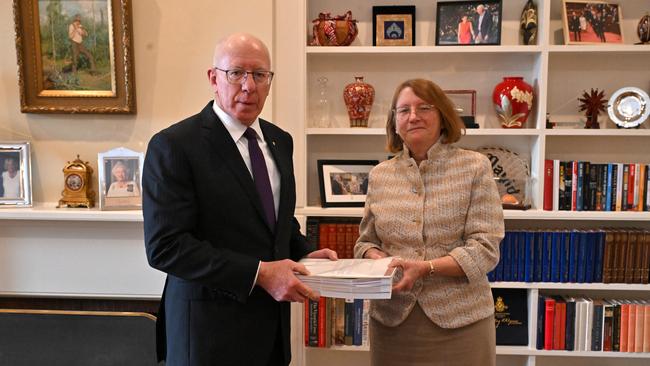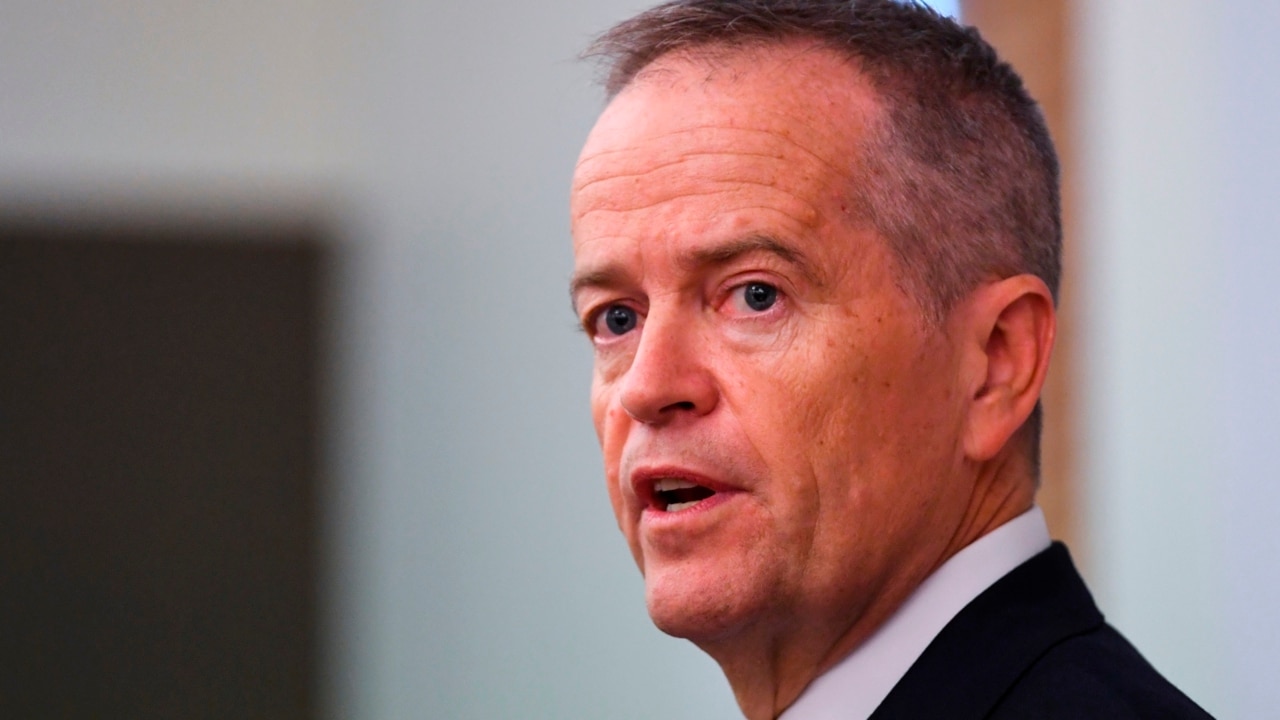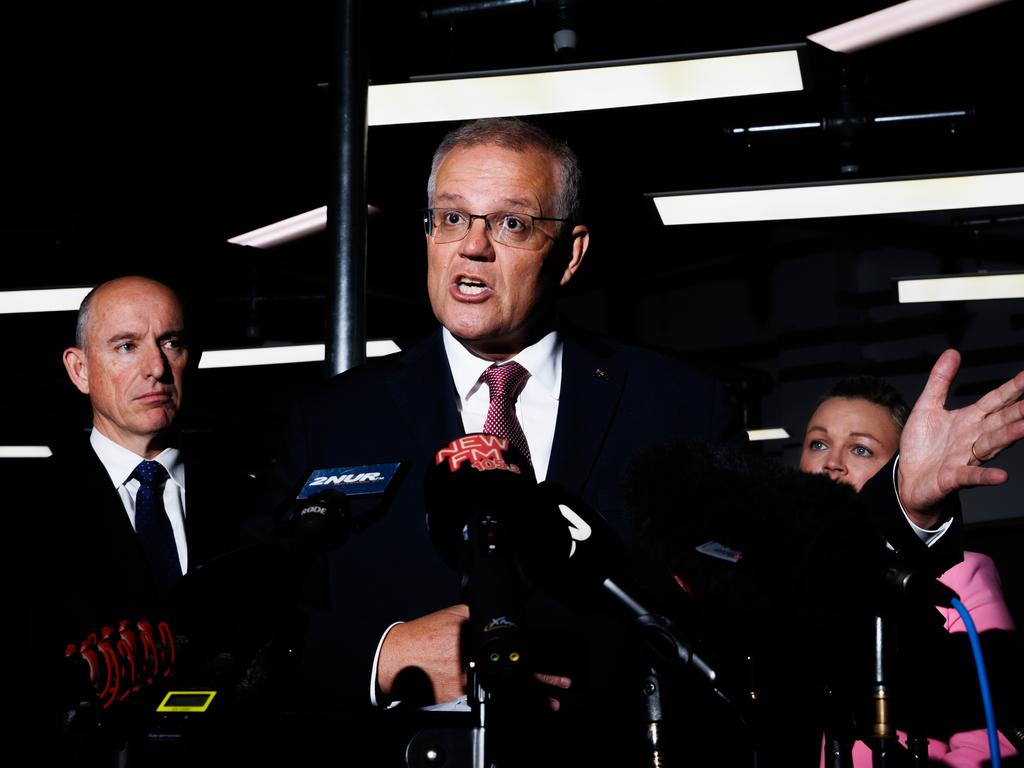Robodebt royal commission: Scheme offers long-lasting pain for a Coalition with nothing to gain


None of the former ministers involved in the ill-fated Robodebt scheme, including former prime minister Scott Morrison, escapes the commissioner’s wrath.
Except for Morrison and senator Marise Payne, the former Liberal ministers who were involved with the scheme are no longer in parliament. But this won’t matter.
The final report of the scheme is bad enough in its critique of the former Coalition government and the public service that Labor will taint the opposition with it for the rest of this term of parliament.
The political consequences are obvious and enduring as they involve individuals who may have engaged in criminal conduct.
Ahead of the report’s release, Peter Dutton sought to establish that the principle of what the scheme was about is not in dispute: that people owing a debt to taxpayers for overpayments of welfare benefits should be forced to repay.
But Holmes seems to have taken exception to this as well, offering a social critique of the way politics is practised in Canberra by suggesting a modern polemic stain existed that sought to establish a moral contest between taxpayers and welfare recipients.
This was a surprise element in a report likely to send shivers through the ranks of the Coalition and a shockwave through the secretaries club of the public service.
The referrals for prosecution, criminal and civil, as well as the newly established National Anti- Corruption Commission, appear to involve only public servants. The commission claims that anyone who had an adverse finding against them had been notified.

None of the ministers to have had oversight claim to have been given any such notice. One has to assume that means none is subject to referrals to another body.
Still, the gravity of the findings ensure the issue has a long way to run still, politically and practically. While the Rudd government’s insulation batts scheme was found by a royal commission to be a “policy debacle”, Robodebt was found to be illegal.
Heads will roll in the public service.
Holmes was scathing in her assessment of almost all involved, depicting the automated debt recovery scheme as one of the nation’s worst chapters in public maladministration – ill-conceived, illegal and inhumane.
Of Morrison, Holmes said that he had failed to ensure it was lawful.
The former prime minister has rejected the findings and says he did nothing wrong.
She accused former minister Alan Tudge of abusing his power, knowing people had committed suicide but failing to undertake a review. Tudge issued a similar rejection.
Of another former minister, Christian Porter, Holmes said that he could not “rationally” have been satisfied with the legality of the scheme.

And in reference to the final minister responsible, Stuart Roberts, she accused him of using statistics that he knew couldn’t be correct.
Anthony Albanese and Bill Shorten were clearly unhappy that Holmes kept secret the names of those she has referred.
Shorten admitted to having “mixed emotions” when discovering a sealed section of the report would forbid publication of those in the gun, so as to not prejudice future prosecutions.
But for Shorten the report is a vindication of his pursuit, which the Coalition continued to dismiss as a political stunt.
The timing of the report isn’t ideal for Dutton with a by-election for Robert’s seat of Fadden falling next Saturday.







Royal commissioner Catherine Holmes’ findings are politically damaging, wide-reaching and will be long-lasting in their impact for the Coalition.